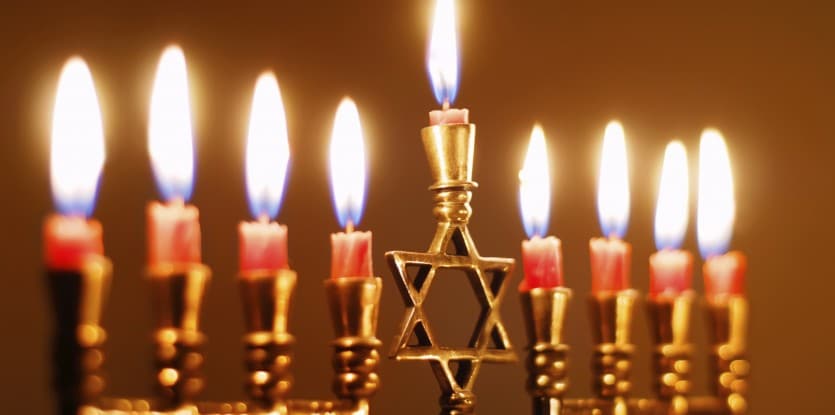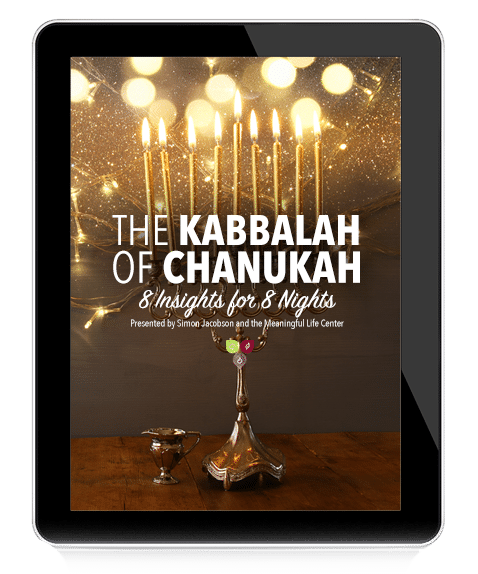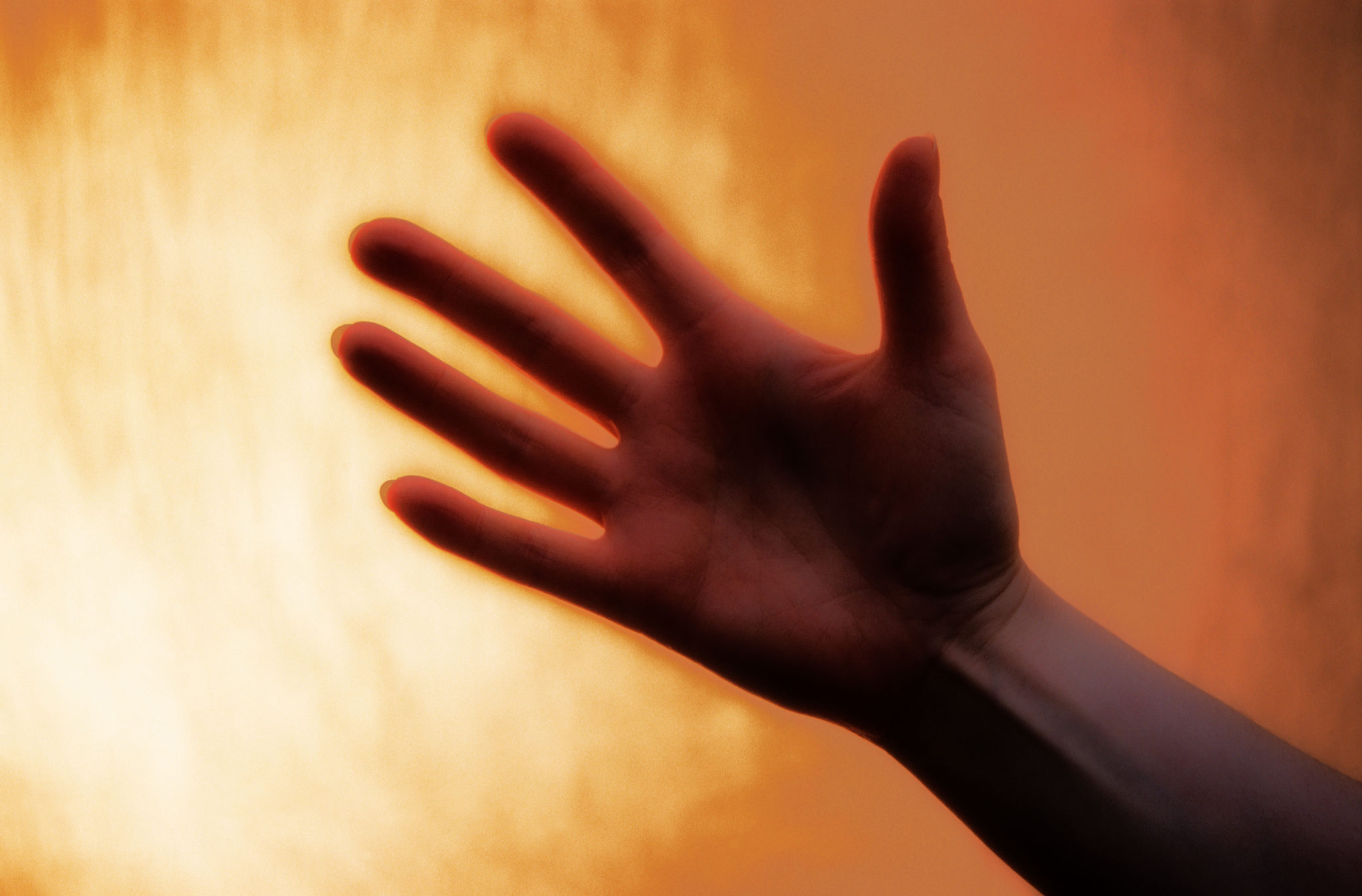One of the enigmas of Chanukah is the fact that it is almost completely ignored by the most fundamental work of Jewish law. The Mishnah, compiled by Rabbi Judah HaNassi at the end of the second century ce, is the first codification of Halachah (Torah law) and the book on which all subsequent halachic codes are based. Yet other than a few parenthetical references,[1] the Mishnah makes no mention of the story and laws of Chanukah.
Various explanations have been offered for this mysterious omission. One oft-cited explanation relates to the controversial assumption of the throne by the Hasmonean family (the “Maccabees”), the heroes of Chanukah. When the Hasmoneans drove the Greeks from the Holy Land, they became the kings of the now-independent country, establishing a dynasty that lasted some 80 years until the land of Israel came under the hegemony of Rome.
The Hasmoneans were kohanim (“priests”), from the tribe of Levi, whose designated role is to serve in the Beit HaMikdash (Holy Temple). The sovereignty of Israel had been granted by G-d to the tribe of Judah and the descendants of King David. The Hasmoneans’ assumption of the throne was thus criticized by our sages.[2]
Rabbi Judah HaNassi—goes this line of reasoning—himself a scion of the Davidic dynasty, “punished” the Hasmoneans’ appropriation of the throne by omitting the story of their triumph, and the festival they established, from the Mishnah.[3]
Refutation
This explanation, however, is at variance with everything we know about Rabbi Judah HaNassi and the principles of Torah scholarship:
a) Rabbi Judah HaNassi was renowned not only for his greatness in Torah and as a leader of Israel, but also for his extreme humility. The Talmud goes so far as to say that:
“When Rabbi [Judah] died, humility and piety ceased.” [4]
It is therefore:
“Completely unacceptable… regarding Rabbi Judah, to say that because of his honor and the honor of his ancestors he would suppress publication of the miracle [of Chanukah].” [5]
b) The function of an halachic work is to instruct our behavior. Since no one is suggesting that Rabbi Judah ever contested the legitimacy of the festival and its observances (which occupy several folios in the Talmud in which Rabbi Judah’s colleagues and disciples are quoted extensively), would Rabbi Judah have omitted them in order to express his disagreement with the Hasmoneans? Whatever his feelings on the matter, we still need to know the laws of Chanukah! In the words of the Talmud:
“King Solomon, and a thousand like him, shall be nullified before a single letter from the Torah is nullified!” [6]
A Book Born of Necessity
An examination of the nature of the Mishnah and the circumstances surrounding its compilation offers a simple, yet fully credible, explanation for Chanukah’s absence from its pages.
The Mishnah is a summary of the “Oral Torah” that had been handed down through the generations as a companion to the “Written Torah” (the Five Books of Moses). The Oral Torah includes the laws and principles according to which the Written Torah is to be interpreted, laws commanded to Moses that were not recorded in the Written Torah, and the ordinances and observances instituted by each generation’s leaders by the authority vested in them by the Torah.
As its name indicates, the Oral Torah was never written down, but communicated orally from master to pupil; indeed, it was specifically forbidden to be committed to writing. Rabbi Judah HaNassi took the unprecedented step of codifying these laws because he realized that the ever-widening dispersion of the Jewish people, and the lesser minds of later generations, posed the danger that the Oral Torah might be forgotten. It was this overriding concern that allowed him to violate the prohibition against publishing the Oral Torah.
However, this dispensation was granted only in regard to those portions of the Oral Torah that were in danger of being forgotten. This, explains Maimonides, is why such major halachic topics such as:
“The laws of tzitzit, tefillin and mezuzah…. are not spoken of in the Mishnah… for these laws were well known at the time of the Mishnah’s compilation… so [Rabbi Judah] saw no need to speak of them.” [7]
The same is true of all halachot of the Mishnah: only those laws about which there was ambiguity or differences of opinion are recorded. For example, nowhere does the Mishnah state that one should make kiddush on Shabbat; rather, it addresses the issue, debated by the sages of Hillel and the sages of Shammai, whether one should first make kiddush and then ritually wash one’s hands (as required before each meal), or vice versa.[8]
The events of Chanukah took place only about 300 years before Rabbi Judah’s time; the miracle, and the festival instituted in its wake, were still fresh in the nation’s collective memory.[9] Since there was no immediate danger that they might be forgotten, Rabbi Judah was not allowed to record them. Thus, the laws of Chanukah were first put in writing many years later, when the Talmud was compiled in the fifth century CE.
Based on the Rebbe’s reply to a question posed to him in yechidut (private audience), 5737 (1977)[10]
Adapted from the teachings of the Lubavitcher Rebbe by Yanki Tauber
[1]. E.g., Bikkurim 1:6, Rosh Hashanah 1:3, Nezikin 6:6, Midot 1:6.
[2]. Cf. Nachmanides on Genesis 49:10.
[3]. Chut Hameshulash; Taamei HaMinhagim, section 847; Chasdei Avot, section 17; Beit Naftali, Orach Chaim, section 28.
[4]. Talmud, Sotah 49a.
[5]. Shaalot U’Teshuvot Mahariatz, section 78.
[6]. Jerusalem Talmud, Sanhedrin 2:6.
[7]. Maimonides’ commentary on the Mishnah, Menachot 4:1.
[8]. Berachot 8:1.
[9]. Purim, on the other hand, which occurred 500 years before Rabbi Judah’s time, has half a tractate (two full chapters) devoted to its laws in the Mishnah.
[10]. Heichal Menachem, vol. III, pp. 221-231.









Seeking a scholar to translate the book ‘Shaalot U’Teshuvot’ written by the Mahariatz, Rav Yehoshua Aharon Tzvi Tzvi Weinberger. He is my great, great grandfather. OBM
The Missing Festival – The Meaningful Life Center
http://www.meaningfullife.com/mishnah-chanukah/
Shaalot U’Teshuvot Mahariatz, section 78. [6]. Jerusalem Talmud, Sanhedrin 2:6. [7]. Maimonides’ commentary on the Mishnah, Menachot 4:1. [8]. Berachot 8:1.